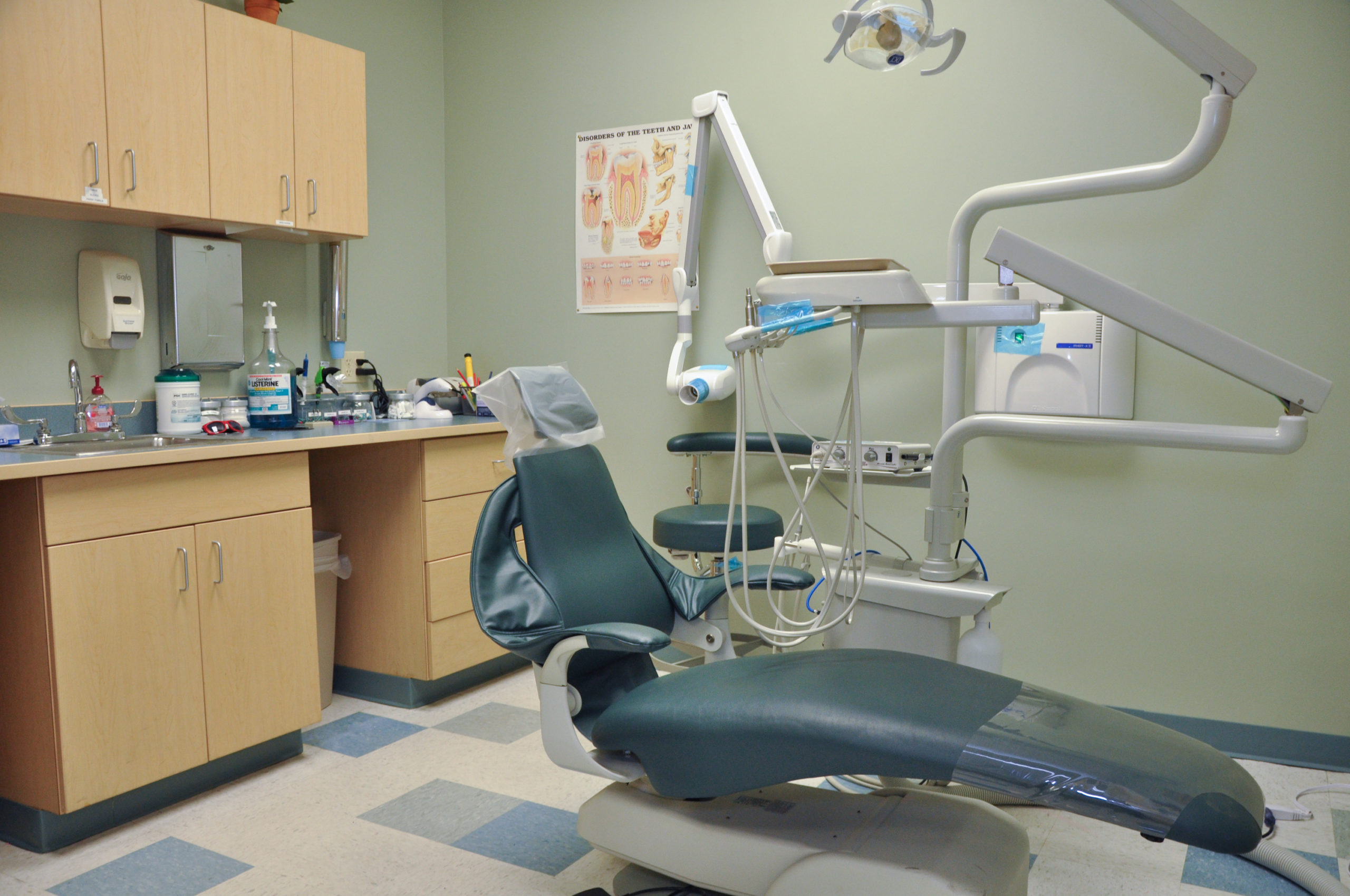An Overview to Common Oral Conditions That Require a Dental practitioner's Care
Recognizing the series of dental problems that require professional care is vital for maintaining optimal dental health. Toothaches, for instance, can be symptomatic of severe problems such as tooth cavities, fractured teeth, or abscesses, each needing certain interventions like dental fillings or root canals. Periodontal illness, from the onset of gingivitis to a lot more extreme periodontitis, highlights the importance of regular dental exams and cleanings. Additionally, affected knowledge teeth and jaw disorders can introduce considerable pain and issues. Ensuring timely brows through to the dental professional can minimize these issues efficiently, but just what are the indications and therapies involved?
Toothaches
Toothaches are a common oral problem that can vary from moderate pain to severe discomfort, commonly suggesting a hidden problem that requires expert focus. This pain can originate from a range of resources, consisting of dental cavities, broken or fractured teeth, and dental abscesses. Each of these problems poses significant risks if left neglected, potentially causing extra severe complications.
Tooth decays, likewise called caries, are caused by the buildup of plaque that erodes tooth enamel, causing openings or pits in the affected teeth. Split or fractured teeth, on the other hand, might arise from injury, grinding, or attacking into hard things. These structural problems can reveal the delicate internal layers of the tooth, causing sharp discomfort and raising the risk of infection. Abscesses are unpleasant infections at the origin of a tooth or in between a tooth and the periodontal, generally arising from extreme decay or neglected tooth cavities.
Efficient therapy of toothaches involves addressing the origin cause. This may include dental fillings for dental caries, crowns for broken teeth, or root canals and anti-biotics for abscesses. Early treatment by an oral specialist can protect against further degeneration and minimize discomfort, guaranteeing optimum dental wellness.
Gum Condition

The key reason for gum condition is microbial plaque, a sticky, colorless movie that continuously develops on teeth. Poor oral health, smoking, hereditary tendency, and certain clinical conditions, such as diabetes mellitus, can intensify the danger of creating gum tissue disease. Routine dental examinations are crucial for very early detection and monitoring of this problem.
Treatment for gum illness varies from professional oral cleaning and scaling to advanced procedures like origin planing and gum surgical treatment, depending on the seriousness. Keeping good oral health practices, including brushing two times daily, flossing, and making use of an antibacterial mouthwash, can dramatically decrease the risk of periodontal condition and promote much healthier gums.
Tooth Cavities
Dental caries, also known as tooth decays, are a common dental condition identified by the devastation of tooth enamel as a result of acid-producing microorganisms in the mouth. These germs thrive on sugars and starches from food and beverages, producing acids that progressively erode the enamel, bring about cavity formation.
Early-stage dental caries may not reveal symptoms, yet as they proceed, they can create tooth pain, sensitivity to hot or cold, visible openings or pits in the teeth, and staining. If left neglected, dental caries can pass through much deeper layers of the tooth, possibly leading to severe pain, infection, and also missing teeth.
Protecting against dental caries entails a combination of excellent dental health methods and dietary routines. Regular brushing with fluoride tooth paste, flossing, and regular oral examinations are critical. Dental experts might also recommend added safety nets, such as fluoride therapies and oral sealers, to shield teeth from decay.
Small cavities can be addressed with oral fillings, which bring back the tooth's framework. Much more sophisticated cases may call for crowns or also root canal therapy if the degeneration has gotten to the tooth's pulp.
Impacted Wisdom Teeth
Affected knowledge teeth are a common oral issue that happens when the 3rd molars, generally referred to as wisdom teeth, fail to totally arise or align effectively within the mouth. This problem commonly results from not enough space in the jaw or an uncommon development angle of the teeth. Affected wisdom teeth can bring about a variety of issues, consisting of infection, discomfort, and damages to surrounding teeth.
When knowledge teeth end up being impacted, they are often partly erupted or stay entirely beneath the gum line. This partial eruption can develop a pathway for bacteria to enter the gum tissues, bring about infections that show up as swelling, pain, and even high temperature (dentists eugene). Furthermore, impacted knowledge teeth can put in pressure on bordering teeth, possibly creating crowding or moving
An extensive oral examination, typically entailing X-rays, is essential for identifying impacted knowledge teeth. Normal oral examinations are a good idea to monitor the problem and maintain dental wellness.
Jaw Disorders
Conclusion

Oral cavities, likewise known as decays, are created by the accumulation of plaque that wears down tooth enamel, leading to openings or pits in the affected teeth. Abscesses are excruciating infections at the root of a tooth or between a tooth and the gum, generally resulting from serious degeneration or untreated dental caries.
Impacted knowledge teeth are a common oral issue that occurs when the third molars, commonly referred to as wisdom teeth, fall short to totally arise or align appropriately within the mouth. Influenced wisdom teeth can lead to a variety of issues, including discomfort, damage, and infection to he has a good point nearby teeth.
In addition, affected wisdom teeth can apply pressure on neighboring teeth, potentially causing crowding or shifting.